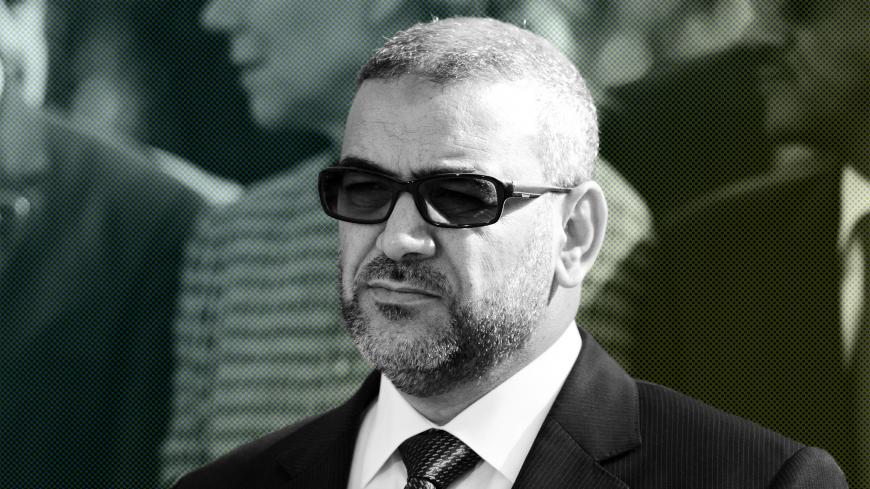On March 17, Khaled al-Mishri, president of Libya's High Council of State (HCS), arrived in Moscow at the invitation of the Federal Council, Russia’s upper house of parliament, to discuss bilateral relations and ways to tackle Libya's ongoing political crisis. Mishri was received by Valentina Matvienko, speaker of the Russian council, and also held talks with Deputy Foreign Minister Mikhail Bogdanov, special presidential envoy for the Middle East and Africa. The Foreign Ministry issued a press release in which it cited Russia's support for a conference of all the Libyan parties under the auspice of Ghassan Salamé, the UN secretary-general's special representative for Libya.
Lev Dengov, head of the Russian Contact Group on Libya at the Foreign Ministry and the State Duma, denied an assertion in the Libya Observer that Russia is supportive only of Gen. Khalifa Hifter, leader of the so-called Libyan National Army (LNA), head of the House of Representatives (HoR) in Tobruk and a longtime adversary of Mishri. “Russia favors any side that is capable of positively impacting Libyan developments,” Dengov said. “The environment in the country is replete with numerous opposing camps. … As for us, we are working to help Libya agree on a single policy and restore peace without intervention in its internal affairs.”



